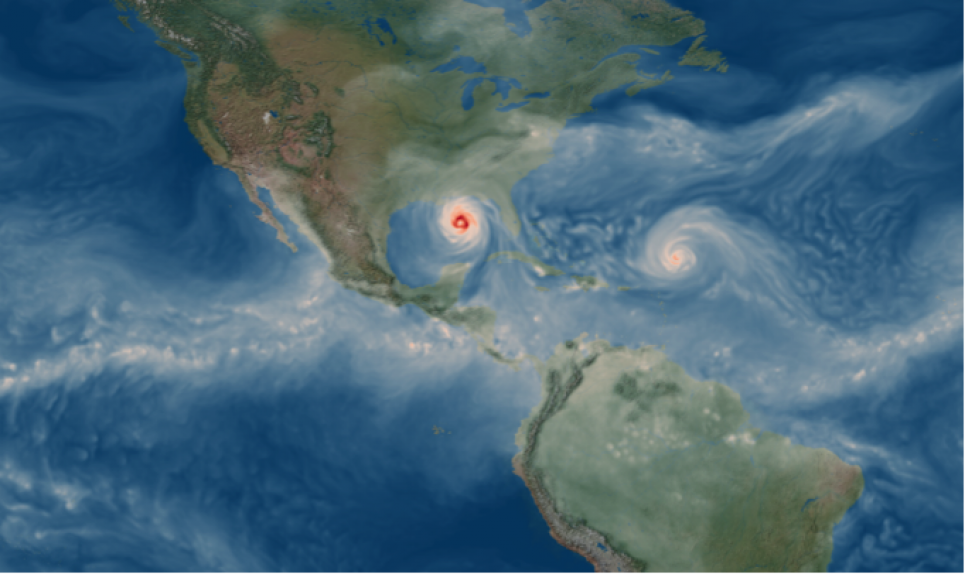
Tropospheric Climate and Weather Influence UTLS Ozone and Lower Stratospheric Hydration Over South America
Abstract: Tropospheric circulation and climate variability over South America are driving upper troposphere-lower stratosphere (UTLS) instability and ozone loss. This research has two overarching goals, (1) identify lower-stratosphere ozone variably related to large-scale processes and changes over time, and (2) investigate the influence of deep convection on stratospheric hydration with WRF. Results from the first goal shows that UTLS ozone variability is driven by El Niño, via Rossby wave trains, and modulated by PDO phases. During the recent cool PDO phase, regions of enhanced deep convection coincide with decreasing UTLS ozone and increasing lower-tropospheric temperatures. For the second goal, double tropopause events during deep convection were simulated using WRF. While unorganized deep convection did not hydrate the stratosphere, organized deep convection contributed to irreversible mixing and stratospheric hydration as high as 20 km. Additional research is vital to understand how tropospheric warming will affect climate changes which contribute to ozone depletion.
Please use this link to attend the virtual seminar: